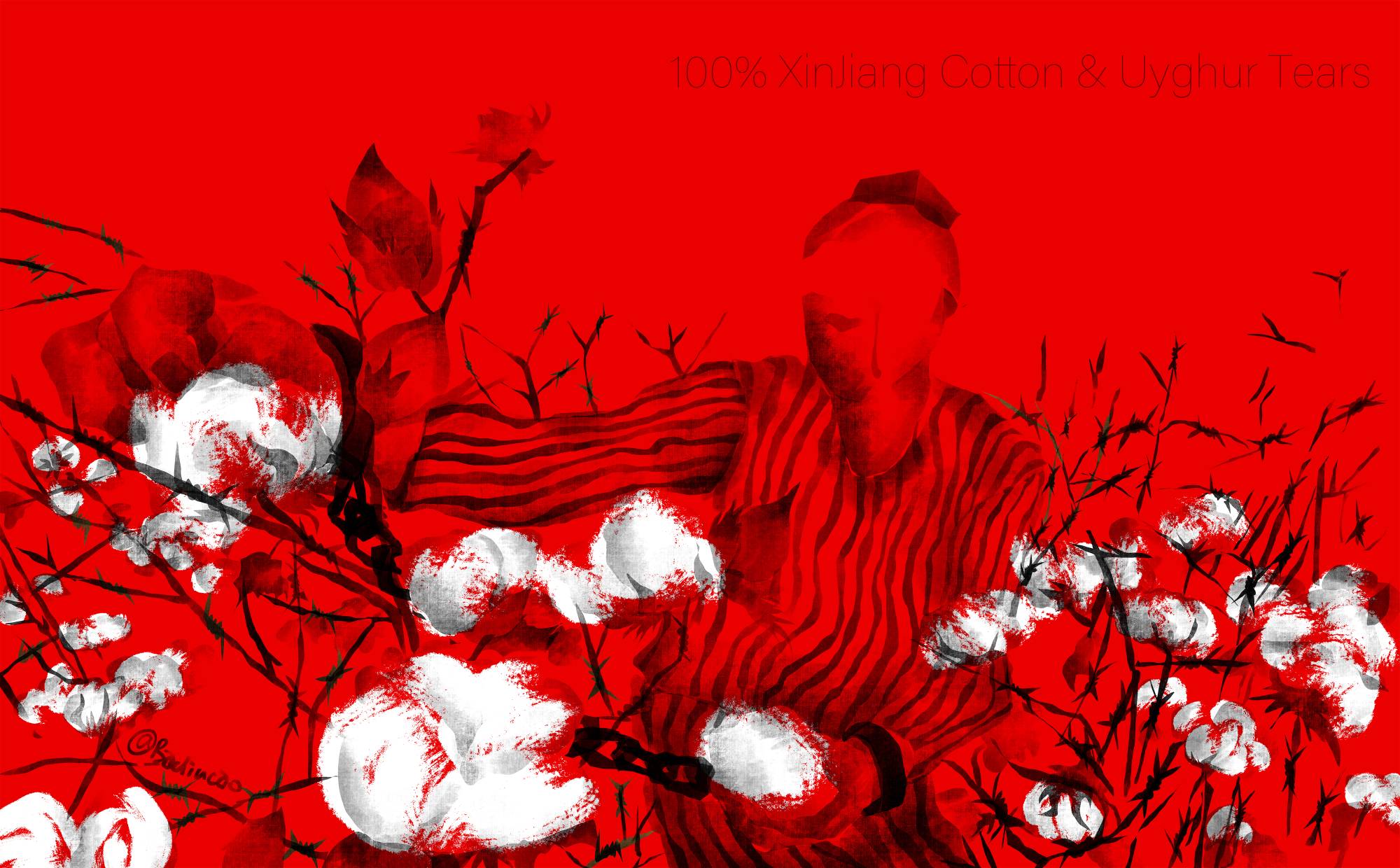In his 1999 book "The Law of Peoples," the American philosopher John Rawls hypothesized a “realistic utopia” of “decent peoples” signed up for a social contract framed by principles of justice and right, to govern their domestic and international affairs. Rawls envisaged that this fraternity would consist of liberal democratic peoples and undemocratic peoples whose rulers respect human rights, uphold the rule of law and govern through consultation with national communities.
Rawls acknowledged there are “burdened peoples” suffering under failed states, and “outlaw states” outside his hypothetical utopia. Outlaw states are prepared to use military aggression to further their national interests, exert international influence by other means that violate the sovereignty of other nations, and systematically violate their citizens’ human rights. Where they act thus, Rawls believed decent peoples should have no traffic with them, except through multilateral efforts to induce them to reform and join their fraternity. In the worst case scenarios, just war can be waged against them.
Today, Rawls’ utopia appears unrealistic. The world’s leading liberal democracy, the United States, is drifting into chronic political crisis under an illiberal presidency, while Russia and China now alarmingly resemble Rawls’ image of an outlaw state.


















With your current subscription plan you can comment on stories. However, before writing your first comment, please create a display name in the Profile section of your subscriber account page.